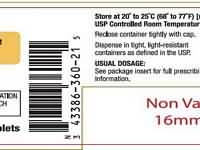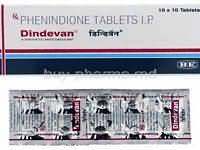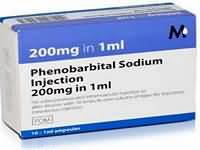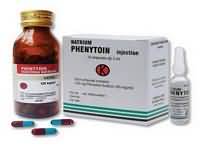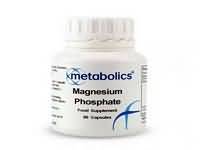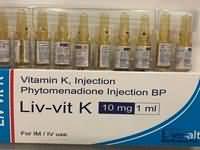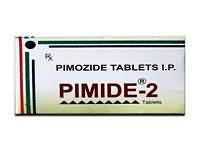ropinirole
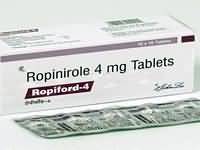
CLINICAL USE
Anti-Parkinson agent Restless legs syndromeDOSE IN NORMAL RENAL FUNCTION
Parkinson’s disease: 9–24 mg daily in divided dosesRestless legs syndrome: 0.25 mg daily initially, increasing to a maximum of 4 mg dailyPHARMACOKINETICS
DOSE IN RENAL IMPAIRMENT
GFR (mL/MIN)
30–50 Dose as in normal renal function10–30 Dose as in normal renal function. Use with cautionDOSE IN PATIENTS UNDERGOING RENAL REPLACEMENT THERAPIES
IMPORTANT DRUG INTERACTIONS
Potentially hazardous interactions with other drugsADMINISTRATION
Reconstition
–Route
OralRate of Administration
–Comments
–OTHER INFORMATION
If administered with L-dopa, decrease the dose of L-dopa by 20%Take with meals to improve GI tolerance, but Cmax increases by 2.6 hoursNo data in renal impairment Ropinirole is hepatically metabolised to inactive metabolitesFor use in restless legs syndrome in CKD 5, start with a low dose and increase according to tolerability.
See how to identify renal failure stages according to GFR calculation
See how to diagnose irreversible renal disease
Home

